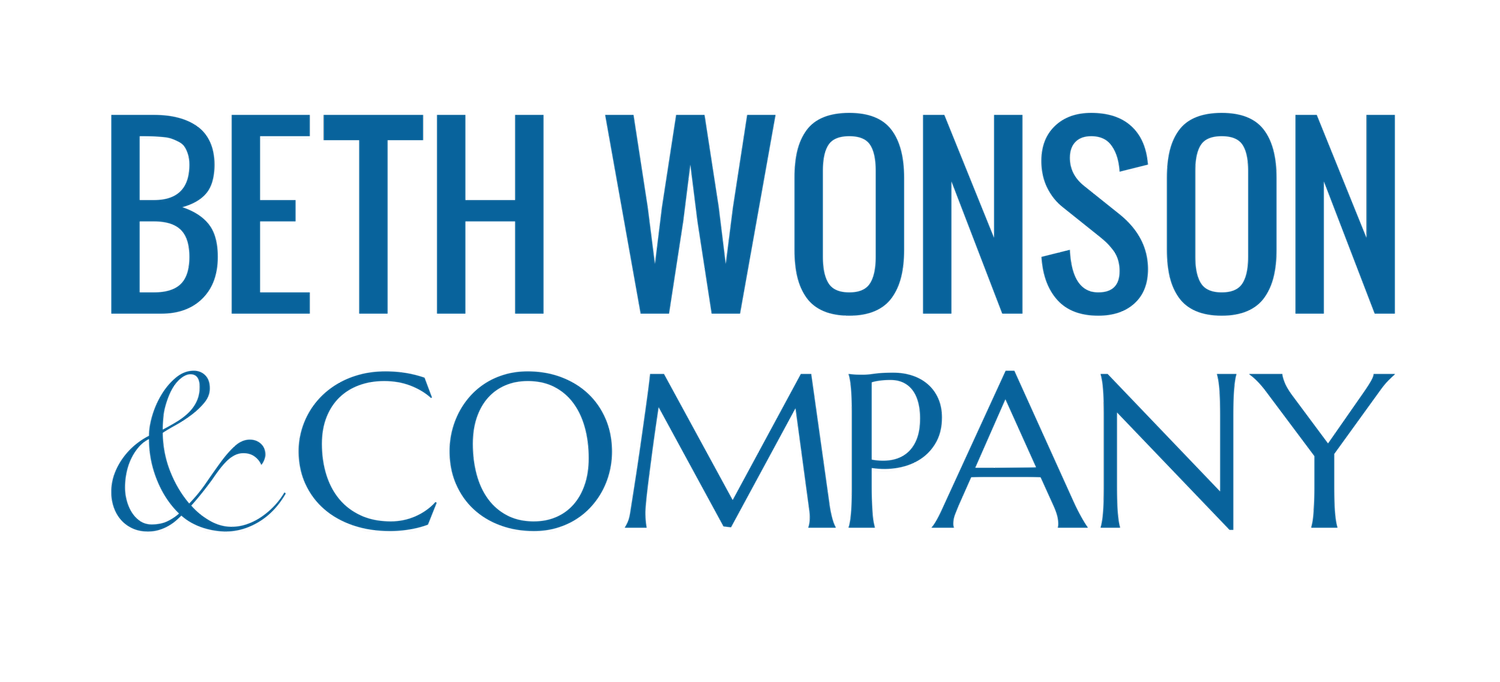Why we use experiential education
After I complete a training with a team or organization, I always want to do a debrief call to hear from the client about what worked, what was challenging, and what we can do better next time.
I had one such call a few days ago.
The training was “Coaching for Consultants” in which we helped a team of program facilitators working with clients on implementations. Our job was to help the consultants use coaching skills in their work so their own clients could:
more easily move past perceived barriers
be empowered to develop solutions that work
be more accountable with goals.
In the debriefing call what I heard made me so happy because I am a firm believer, and the research supports, that adults learn best when the content is relevant to them and they are able to actively participate as part of the learning.
What worked for this client was the interactive nature of an activity we call “coaching fishbowls”. Fishbowls are when two people practice applying what they’ve learned thus far in front of their peers. One person is the coach and another person is being coached. Everyone else is observing.
At the end of the fishbowl activity, all observers give feedback on what they learned from the exercise and what applied skills they recognized.
The client reported that not only did the feedback session benefit everyone from a learning perspective, but they have since discussed how to apply the fishbowl feedback process to their communication in general.
Experiential learning is a cycle that never ends.
Just like my clients’ takeaways, experiential learning is a cycle that never ends.
At the beginning is a concrete experience (coaching and observing coaching). Then there’s reflective observation (what did I see happening). Then there’s abstract conceptualization (interpreting and make meaning of what happened through our own lens and perspective). And lastly, there’s applying what was learned to new situations.
The cycle continues as we face new situations and new experiences.
As a leader, you can impact learning by using an experiential learning activity with your own team. After the activity, debrief using these questions:
What happened?
What does what happened mean for us?
How do we now transfer what we learned or experienced to other parts of our work?
As you can see from my client’s feedback, experiential learning really works.
Our commitment to using experiential learning in our work with clients is what sets us apart from most professional development trainings on the market.
When you work with us, you bring scenarios and examples from your own day-to-day work that are meaningful and relevant to you and your team.
The learning becomes cemented more effectively and efficiently, meaning you integrate and apply the new information immediately.
My clients closing words to me were, “This workshop totally hit the mark!”
We can help you and your team quickly and effectively learn and apply new skills and tools.
Reach out today to schedule a time to talk about the needs of your team. https://NCDsolution.com/beth
Have a Question? Let’s Talk Today
You may be facing a challenge or weighing an action and aren’t sure where to start, or what a solution even looks like. Contact Beth today! It’s 100% confidential so you can freely discuss the challenges you’re facing and unlock a path forward. Or Get Started with our resources library and books.

